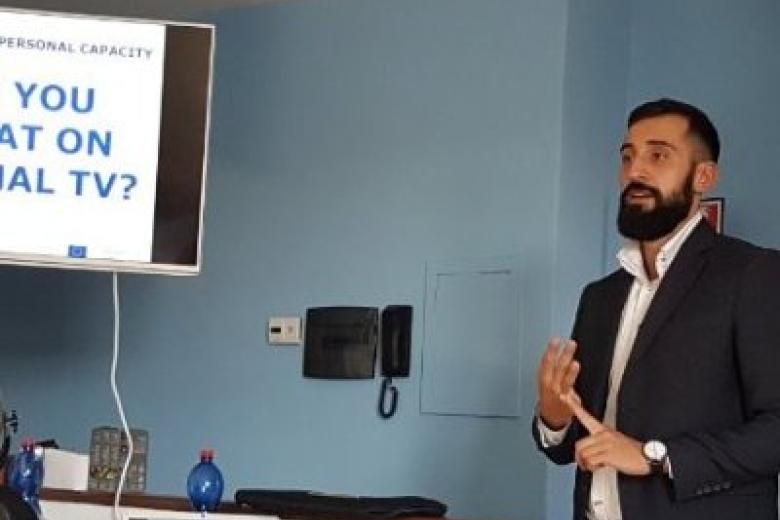50/50 Story: Combining academia and policy work
The story itself: So, how does it feel to work in academia and do policy work at the same time? First, let us talk more about these 2 areas to understand how these work in practice
As we can see from the previous Magic 3 & the Earth story, both academic or policy have a certain cycle or mechanism on which in general things rely on. I am by far the most knowledgeable or experienced Researcher to enlighten you in-depth about these 2 worlds, but this is how I see it and I am open for discussions, please comment on my posts sometimes, ok?
So, let us have a look at the cycles below. Hmm, very interesting beautiful circles, but what do these in fact mean? One seems to be busy with publishing (academia) and the other seems to be busy with solving problems (policy).
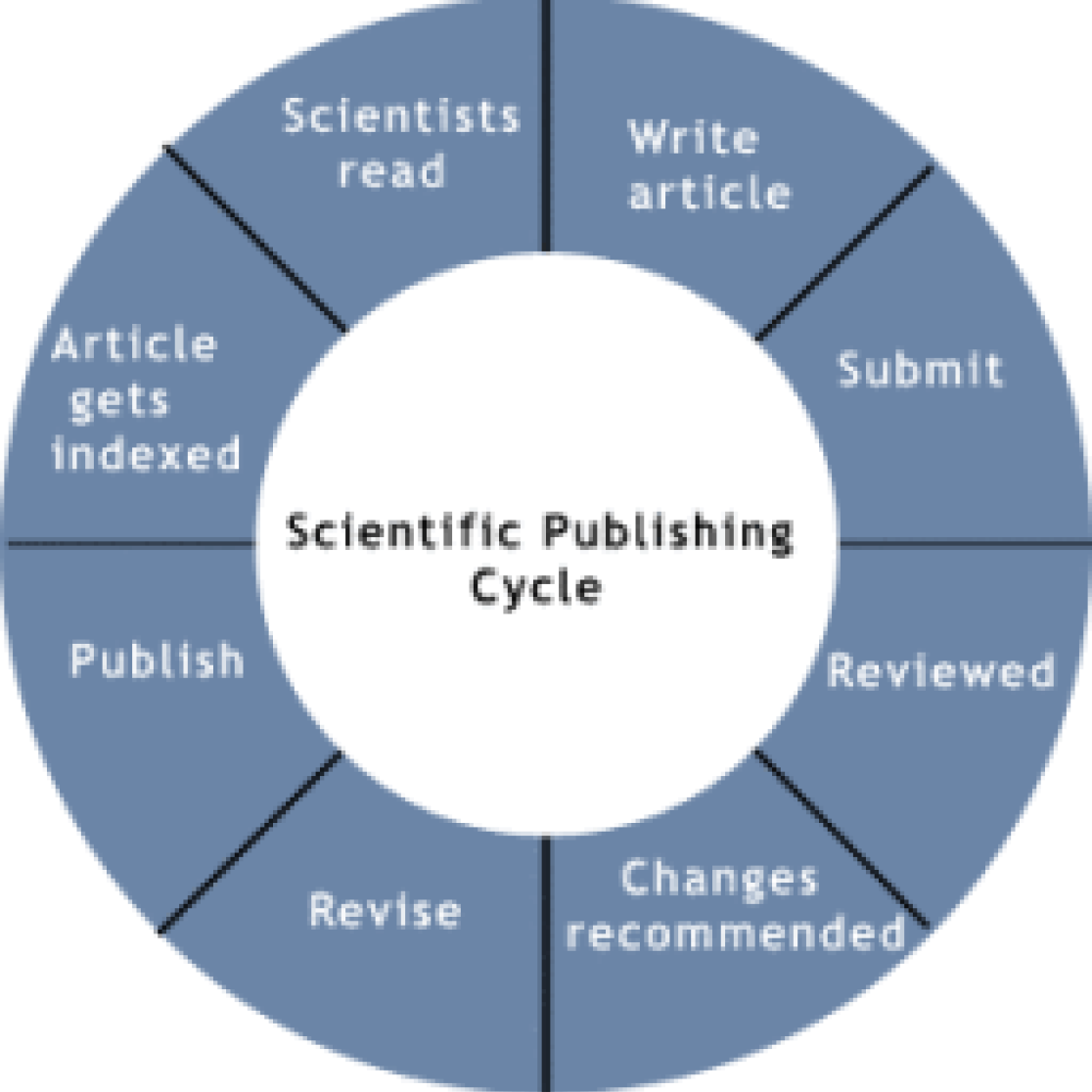
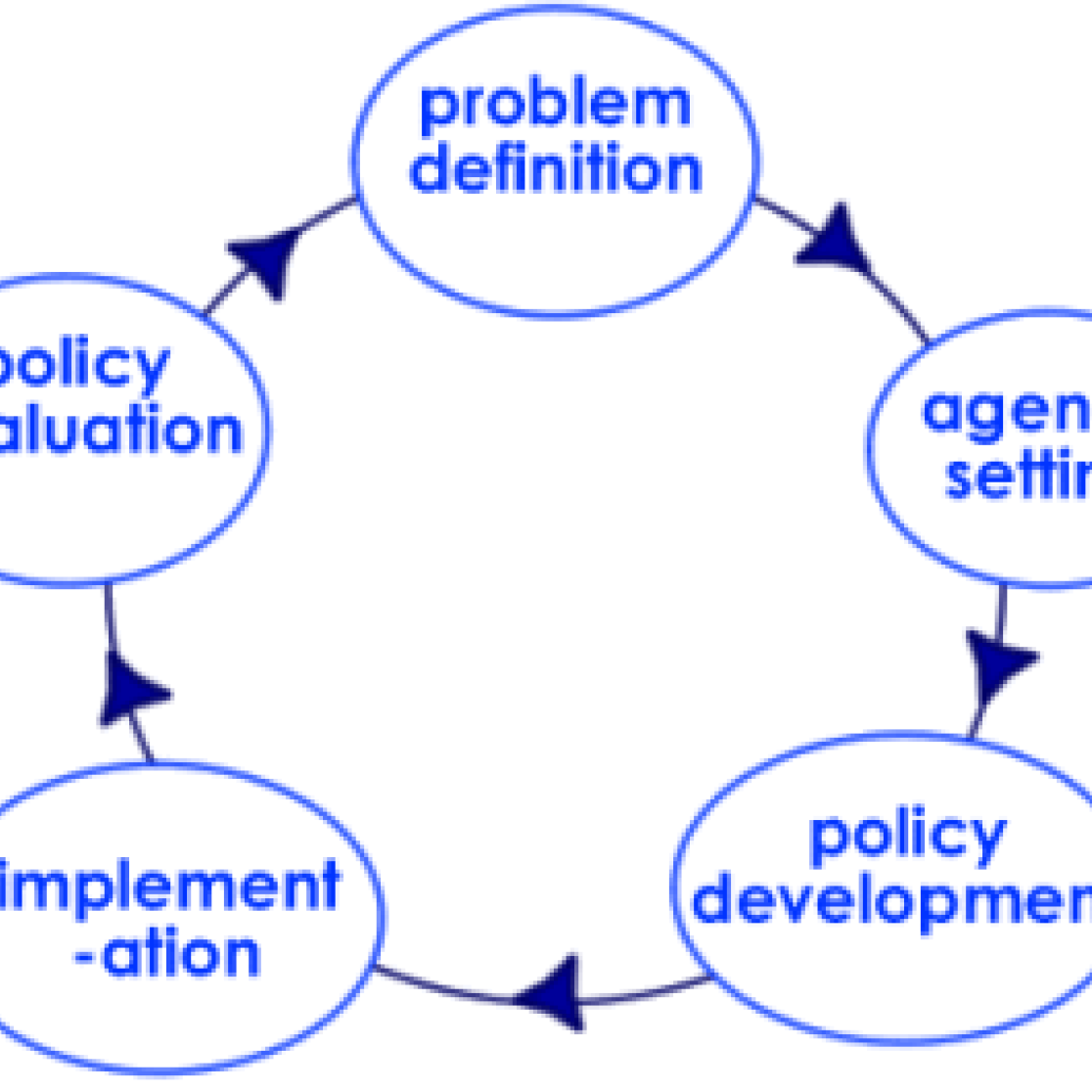
And now comes the part where I will imagine I am telling this story to a child or to anyone who is new to the topic. Let’s imagine how a bread is baked. Academia is probably the best environment to make the dough and balance the salt and other ingredients in it, until the perfect taste is created. It is then maybe overnight waited to make the dough softer and then.. you have to wait a little bit more till it is baked in the oven and voila the bread is ready. This is academia, perfect environment for growth, for steady, but certain growth……
This is why so many inventions were done on the university benches……. you can not come up with a perfectly tasty bread if you did not give it enough time to grow or bake! Well, you can, but remember my word, this will never be done with natural ingredients and basically, you will get an artificial bread.
Now, imagine that you burned your bread a little bit or even more or so bad that you won’t be able to eat it. Oho! You have a problem!
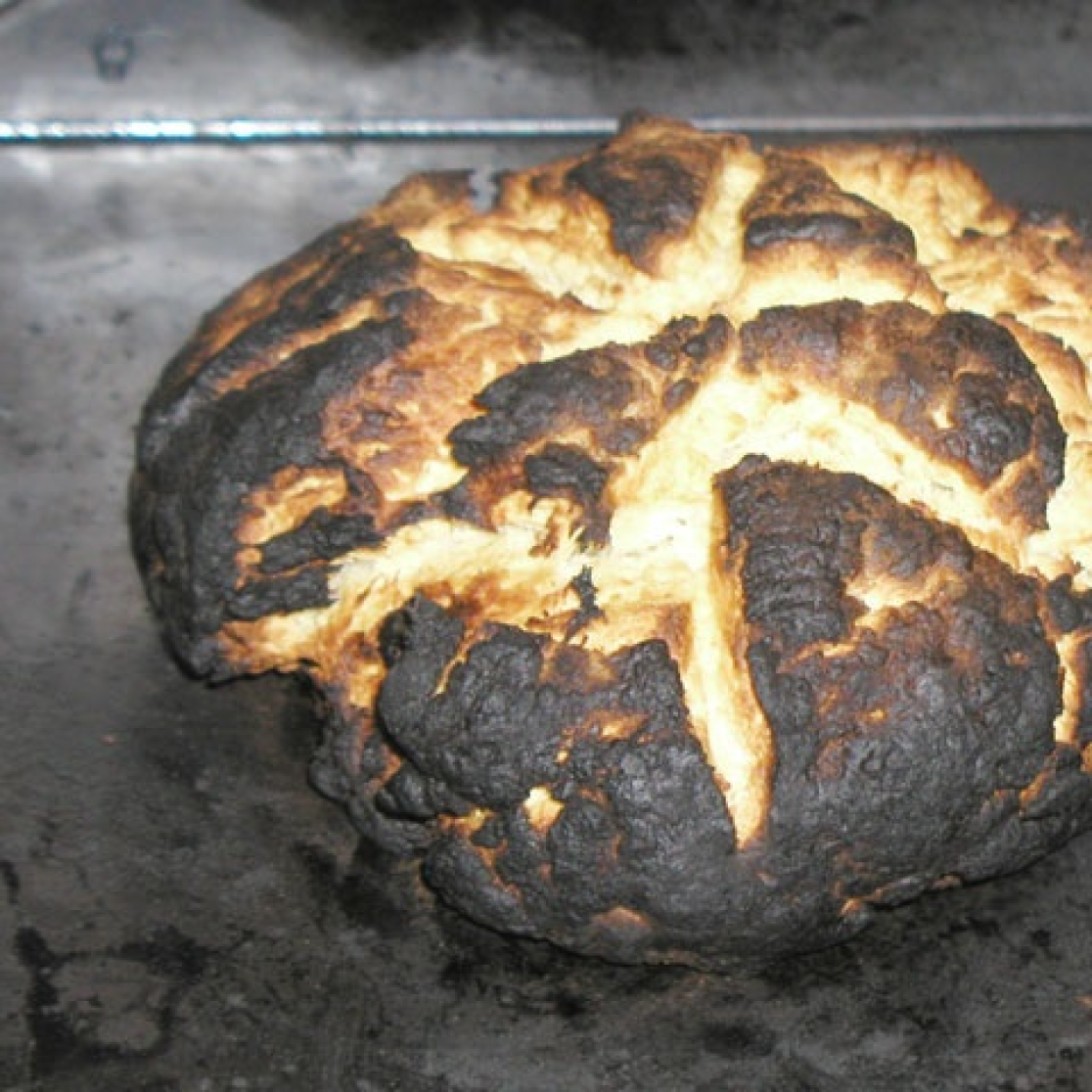
and this is when the policy comes in. First you have the problem, you see the problem definition on the top of the graph? Your problem is that the bread is burned and you have nothing else to eat. So you take your burnt bread and go to your mayor or any governmental representatives (also called civil servants) and say, look, I really need to it, so please help me out. Your mayor has to react to the problem and he would ideally say: Alright, let us put it on the agenda! Then he will try to develop a strategy around the problem to try solve and ask: How many guys are you? Why did you burn the bread? Maybe you need some training to bake a proper bread? (in policy, trainings are famous) and so on, until the problem is solved. That is the implementation phase. To see how well the problem was solved, the mayor one day drops by and evaluates whether everything is OK and you have a good bread back.
Policy won’t wait for you, it is always uptempo, there are many problems to solve in this world. It is a little bit like in business, but maybe risking less money and these are most of the time tax-payers money… because… a public policy is done by the government. (By the way, you ever wondered if policy a synonym of police, you were almost there, but not quite. Police is also assigned by the government, but a policy can be in any public area you can imagine: security, transportation, food industry, cosmetics, electricity, taxes, social protection, technology, etc.)
That was it, in a nutshell, but more seriously, academia and policy go very good together.
A Researcher that works both for the academia and in public policy domain has the privilege to carry out two important roles: to help developing a theoretical ground for a certain problem in the academia and to promote academic findings to policy makers, based on these findings can make decisions that can improve the life of people that live in a country. Sometimes, public policies like in environmental area climate change can affect the life of millions of people around the world… but this would have never happened without scientific reports and warnings from the university walls.
Musical conclusion for all those going through the entire post:) There are probably many people who carry out their work in 2 different fields.. and this is challenging. I wish you find that mid-way and enough forces to successfully combine them and enjoy the best of the two worlds, and notice that just like in life we need to cope with fear and courage, perseverance and laziness, day and night, love and hate, struggle and sunshine on a beach.
Half Light; ''Rachel's Theme''
The part about me: Alright, now that this is clear I want to share with you a little story-fact about me, because we have never met before and this is my first audio-post. So, why not letting me talk a little bit more.

So this is me...
Just kidding, I don’t look like that all the time. This is me on Christmas evening, feeling my best self. When I was small, I was not that pretty, because my lips were big and the boys would tease me at school, calling me “big lips”, but there was a point when I remember how the same boys were queuing to dance with me when I returned for holidays to the school in the village where we used to live. This is when I knew that something has changed.
Later when I grew up, in professional environment I would always hope that nobody would notice that I have big lips and they would appreciate my skills and just simply who I am. Well, I still hope so, because after all, this is why it is called “professional” – nothing personal, right?
The reason why I share with you this picture is because you can see it, appreciate it and create yourself an image about me (a probably false one, because I do not look like that all the time)). Well, this is more difficult to do when you see a report or an academic paper or a policy study. You can not appreciate it only by having a look at it, you need to read it, understand it and then see how it it fits in where you need. Just for you to have an idea how difficult it is sometimes to communicate academic or policy outcomes in general.
This is was one very long post, congratulations, you made it to the final!
With love for Research,
Irina
Researchista
This blog was written by Irina Burlacu, who graduated from Maastricht University in 2014 with a PhD in Public Policy & Policy Analysis. Interested in reading more of her blogs? Please visit this website.
On Friday 9 September 2016 Irina will host a session during PAS Maastricht. During the session she will show how to make research more exciting.
-
5 Differences Between Startups & Starting Businesses
In this article I discuss several differences between startups and starting businesses. I find this important because over the last year, I’ve gotten increasingly frustrated about the types of questions I (as a startup founder) would get. “Can you already live from your startup?” “Why is raising...

-
Work with multiproblem families
As a family therapist in an ambulatory setting, I see varying psychiatric disorders in multiproblem families. I specifically work with families who not only suffer from any kind of disorders, but also are affected by mild intellectual disability. This blog encompasses two parts. First, it will give...
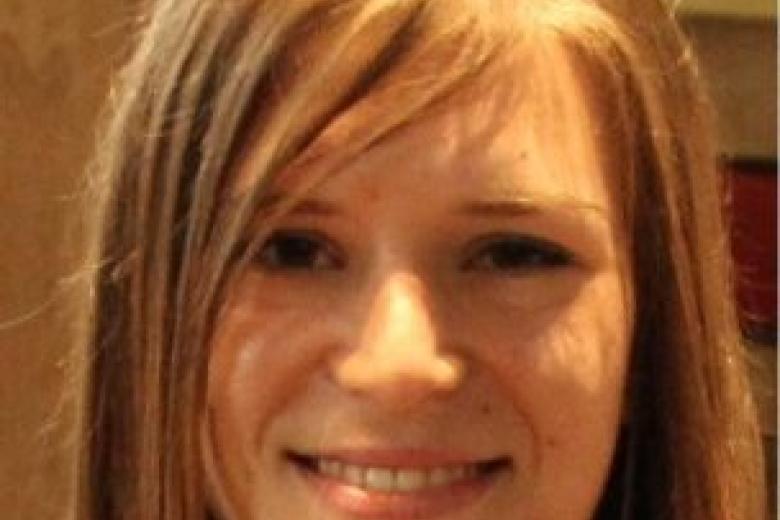
-
Getting jobs in the Eurobubble: A game of inches
I had a lot of fun at the EU Studies Fair. For me it proved a very fruitful event for both students and professionals who are trying to get a foothold in that lions’ den that I call “Eurobubble jobs.” In my experience this can be quite a daunting challenge, but if it has been a journey that I think...
